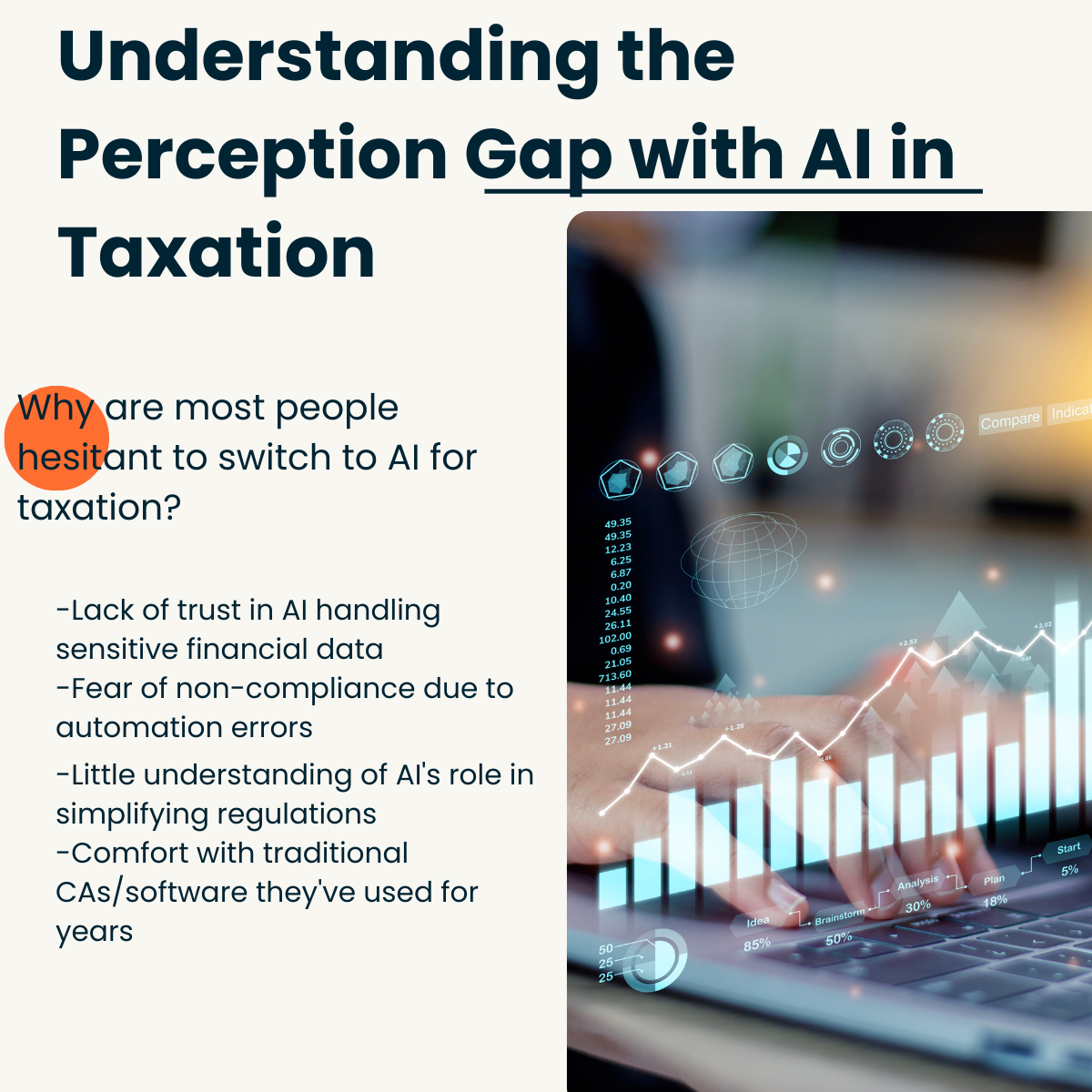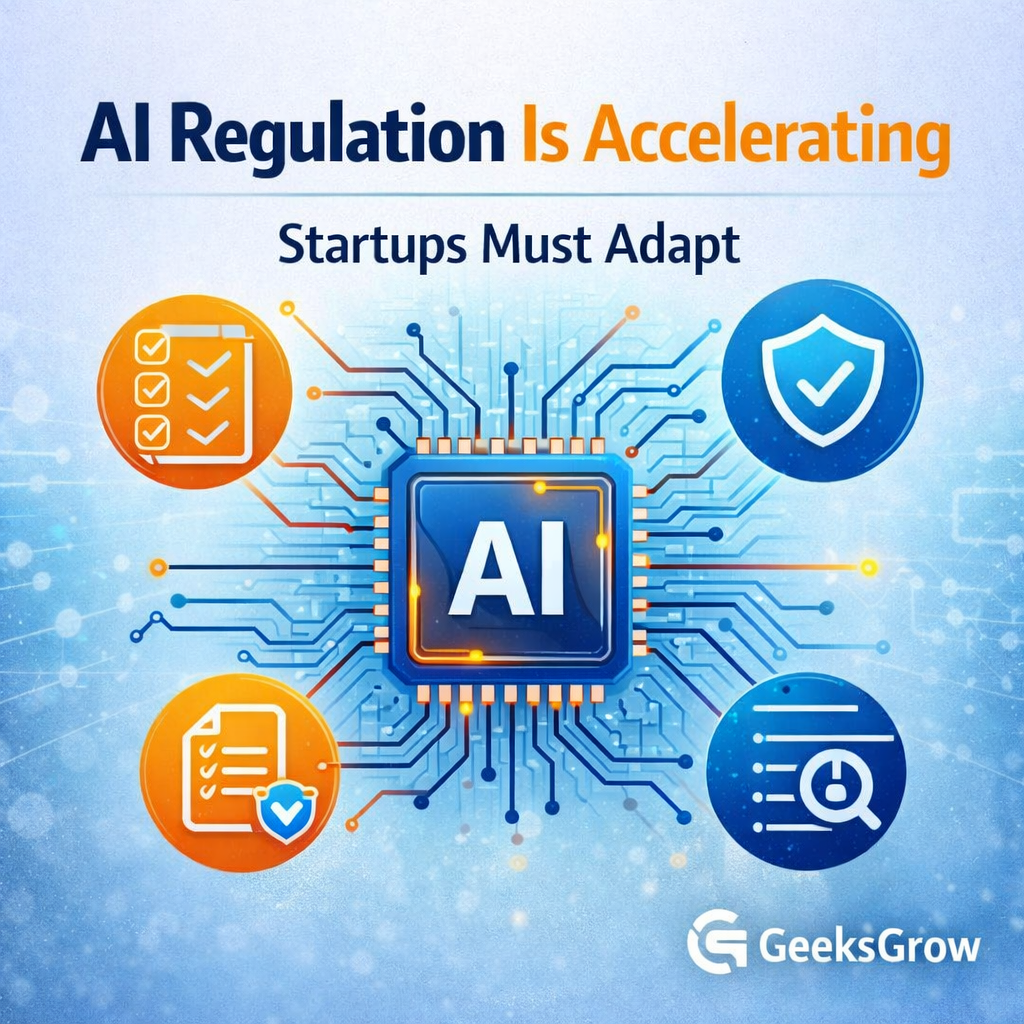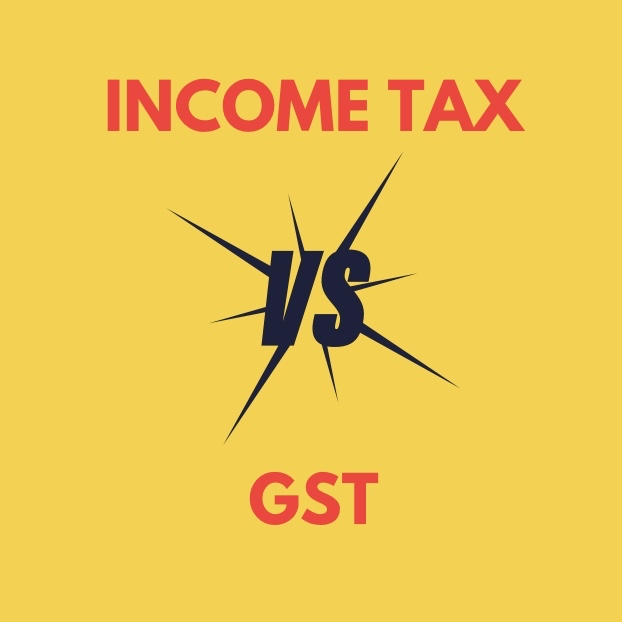Back
ANURAG
Revolutionizing and ... • 9m
Absolutely Vishu, you're right on point. The finance and taxation industry operates within some of the most tightly regulated frameworks, and that’s precisely why the stakes are so high when introducing emerging tech like AI. Regulation brings both a challenge and an opportunity. On one hand, the fear of misinterpretation, audit risk, and data privacy concerns makes professionals hesitant to relinquish control to algorithms—especially when the “why” behind AI decisions isn’t always easy to explain. But on the other hand, regulation demands precision, consistency, and traceability—areas where AI, if built right, can shine. The key, as you mentioned, lies in responsible implementation. That means: Building AI systems that are not just intelligent but auditable and transparent. Positioning AI as a co-pilot for professionals—not a replacement. And ensuring any tech that touches financial data complies with global standards like GDPR, ISO 27001, and local tax authority guidelines. I also believe early wins—like AI catching a compliance risk or identifying a better deduction—can go a long way in building trust. Thanks for bringing in the regulatory angle—it’s absolutely central to this discussion. Would love to hear your thoughts on how we could encourage regulators themselves to become more open to AI-based frameworks in tax tech.
Replies (1)
More like this
Recommendations from Medial
Reyansh Rathod
Entrepreneur • 11m
Friends, have you ever thought that paying tax is our responsibility, but why does it seem like a deep trap? India's tax system is so complicated that the common man gets confused! On one hand, the changing rules of GST, on the other hand, the high r
See MoreShanu Chhetri
CS student | Tech En... • 11m
Recently, industry professionals visited my college and provided valuable guidance to me and my fellow students in various tech fields, including gaming, AI, and business startups. Along with them, experienced HR professionals shared their expertise,
See More

Download the medial app to read full posts, comements and news.

















/entrackr/media/post_attachments/wp-content/uploads/2021/08/Accel-1.jpg)



















